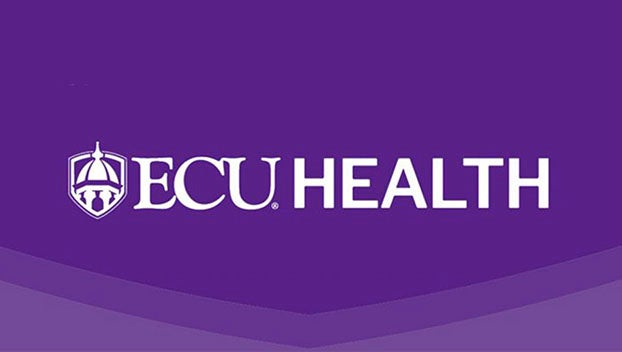Health Beat: Nurturing healthy hearts
Published 11:48 am Tuesday, February 6, 2024
|
Getting your Trinity Audio player ready...
|

February is American Heart Month and is the perfect time to evaluate our habits and prioritize good heart health. As a Cardiology nurse practitioner, I’m passionate about nurturing healthy hearts and excited to share key insights with you!
Incorporating simple lifestyle changes can make a substantial difference. Start your journey to a healthier heart by embracing a balanced diet filled with fruits, vegetables, whole grains, and lean proteins. Opt for heart-healthy fats like those in olive oil and avocados, minimizing saturated fats, trans fats, cholesterol, salt, and added sugars. Consider the Mediterranean diet—a great option with plenty of resources and recipes available online or at your local bookstore. Avoiding heavily processed foods is a simple rule of thumb that can help you cut out some of those unhealthy fats and hidden salt.
Regular physical activity is a key pillar of heart health. Whether it’s a brisk walk, jog, bike ride or dance session, find an activity that elevates your heart rate and brings joy. A total of 150 minutes per week of any activity that gets your heart rate up will provide a cardiovascular benefit and add years to your life. That exercise time can be broken up any way you’d like, even increments as short as 5 minutes count!
Maintaining a healthy weight and controlling chronic illnesses is essential for long-term heart health. Achieve and sustain a healthy weight through a balanced diet and regular physical activity. Even small weight reductions can positively impact heart health. Diabetes is a major risk factor for heart disease, and maintaining good control of blood sugar levels is crucial. Regular health check-ups are important for monitoring blood sugar, blood pressure, cholesterol levels, and addressing health concerns promptly to prevent potential heart issues. Lastly, prioritize quality sleep, ensuring 7-9 hours each night. Poor sleep is linked to various health issues, including an increased risk of heart problems.
In our fast-paced lives, stress can have an impact on our hearts. Incorporate stress-reducing activities like meditation, deep breathing, or yoga into your routine. Discover joy and relaxation in activities such as reading, spending time in nature, or pursuing a hobby. Quitting smoking is a monumental step, drastically reducing the risk of heart disease. Seek support from friends, family, or a smoking cessation program. When it comes to alcohol consumption, moderation is key. The American College of Cardiology recommends no more than one drink per day for women and up to two drinks per day for men.
In conclusion, caring for your heart doesn’t demand drastic changes. Small, consistent steps toward a healthier lifestyle can make a major impact. By embracing a balanced diet, staying active, managing stress, and maintaining a relationship with your healthcare provider, you can significantly lower your risk of heart disease. Prioritize your heart health today for a longer, healthier tomorrow.
Katie Maples is Family Nurse Practitioner specializing in heart and vascular care at ECU Health Beaufort Hospital, a campus of ECU Medical Center and ECU Health Heart and Vascular Care located at 606 E. 12th Street, Washington and can be reached at 252-974-9460.



